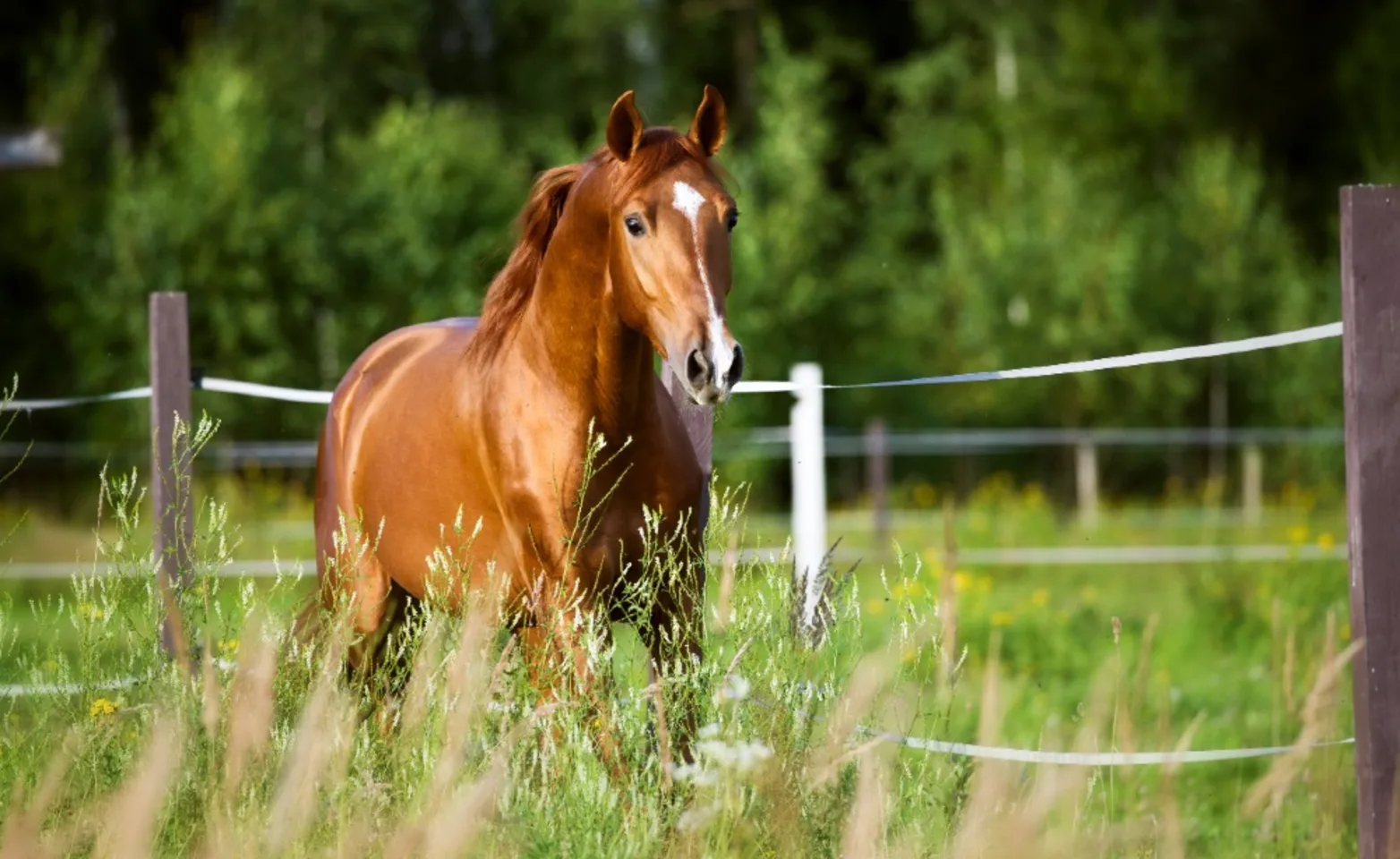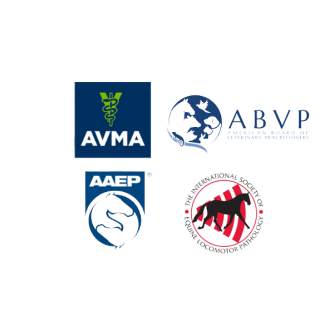Northwest Equine Veterinary Associates

The best age to castrate a colt is dependent on many factors and preferences. One belief is that a colt should not be castrated until skeletally mature to keep him from becoming too tall. Testosterone is believed to aid in the closure of the growth plates and therefore if the testicles are removed early the horse will grow taller. However, waiting until the horse reaches maturity (2-3 yrs of age) can lead to stallion-like behavior that may not resolve with castration.
Many veterinarians prefer to castrate at one year of age or younger because it decreases the chances of surgical complications and the likelihood of unwanted behavior. Colts are typically gelded to make them easier to manage and train, or due to poor breeding potential.
For surgery, the horse needs to be in good health and have both testicles descended. Male animals with one retained testicle are referred to as cryptorchid or “highflanker.” The retained testicle is usually sterile due to the body's high temperature, but will still produce testosterone and cause stallion-like behaviors. Cryptorchidism is heritable and will be passed down to the offspring. A more complex surgery is required to remove the retained testicle as it may be in the abdomen. Therefore cryptorchid surgeries are not performed in the field but at a referral hospital.
Other considerations to keep in mind when planning the surgery are the time of the year, housing, and management. During castration, one to two incisions are made in order to remove the testicles. These incisions are left open to heal on their own when this procedure is performed in the field. Mild bleeding from the surgical site is expected, which can attract flies making the height of fly season not ideal. Since the incisions are open, a clean stall and dry paddock/pasture for 2 weeks are necessary. After surgery, the horse will need to remain quiet for 24 hrs to enable clotting and healing. However, the next day he will need to move around and have forced exercise to decrease the chances of swelling. Swelling of the surgery site is anticipated, but excessive swelling can lead to entrapment of bacteria and cause infection. Therefore a person will need to be available to closely monitor and enforce exercise for two weeks. Keep in mind that though he has been castrated he can still impregnate a mare for approximately 30 days due to sperm remaining in the reproductive tract.

